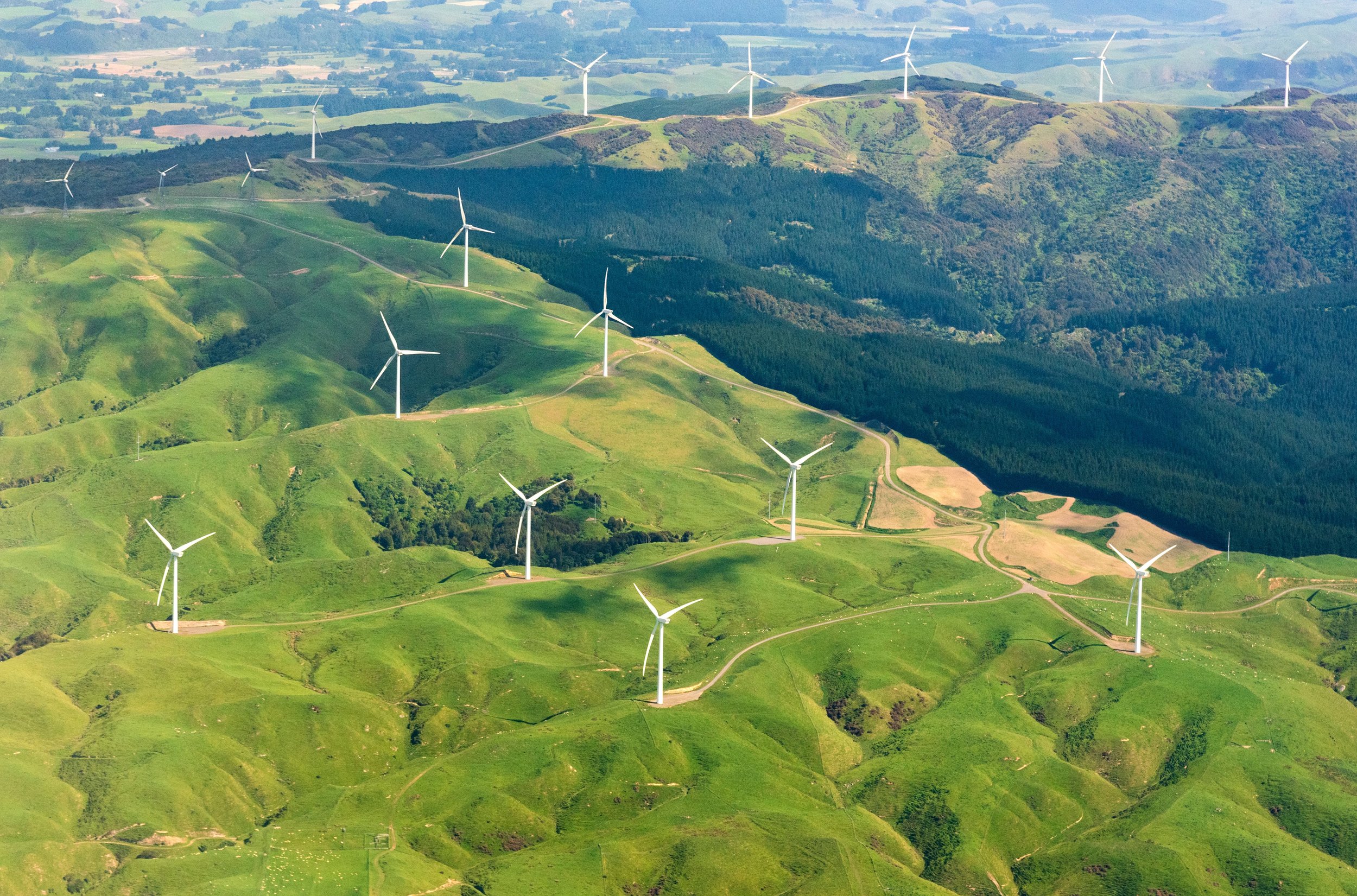AI in Energy
The energy sector has embraced artificial intelligence (AI) to enhance efficiency, reduce costs, and improve sustainability.
Here are some AI use cases in the energy sector:
Smart Grid Management:
AI is used to optimise the operation of smart grids, ensuring the efficient distribution of electricity. It can predict electricity demand, balance supply and demand in real-time, and identify and respond to grid faults and outages faster.
Predictive Maintenance:
AI is employed to monitor the condition of critical infrastructure components, such as power transformers and turbines, to predict when maintenance is needed. This helps prevent costly breakdowns and reduce downtime.
Energy Forecasting:
AI models analyse historical energy consumption patterns and weather data to predict future energy demand. Utilities can use these forecasts to optimise power generation and distribution.
Energy Efficiency:
AI systems can monitor energy usage in buildings and industrial facilities in real-time, identifying areas where energy efficiency improvements can be made. This can lead to significant cost savings and reduced environmental impact.
Renewable Energy Integration:
AI helps integrate variable renewable energy sources like wind and solar into the grid by predicting energy generation, optimising energy storage, and managing grid stability.
Energy Trading and Market Analysis:
AI algorithms analyse market data, including historical pricing and market trends, to inform energy trading strategies. This is crucial for optimising energy purchases and sales in a competitive energy market.
Carbon Emission Reduction:
AI models can analyse emissions data and recommend actions to reduce carbon emissions, helping organisations meet sustainability goals and regulatory requirements.
Oil and Gas Exploration:
In the oil and gas sector, AI is used to process seismic data, identify potential drilling locations, and optimise drilling operations, improving exploration success rates.
Energy Storage Optimisation:
AI can manage energy storage systems by optimizing charging and discharging cycles, ensuring that stored energy is used efficiently during peak demand periods.
Grid Security and Cybersecurity:
AI helps detect and prevent cyber threats and vulnerabilities in the energy grid, ensuring the security and integrity of critical infrastructure.
Demand Response Programs:
Utilities use AI to implement demand response programs, incentivising customers to reduce energy consumption during peak periods, thus reducing the need for additional power generation.
Hydropower Optimisation:
AI models can optimise the operation of hydropower plants by predicting water inflows and optimising dam releases, maximising energy production and water resource management.


